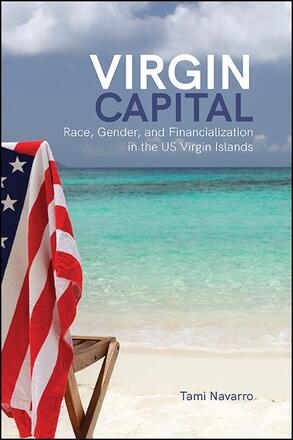
Virgin Capital
Race, Gender, and Financialization in the US Virgin Islands
Alternative formats available from:
Ethnography situating the contemporary financial services industry in the US Virgin Islands within broader histories of racial capitalism and gender inequality.
Description
Virgin Capital examines the cultural impact and historical significance of the Economic Development Commission (EDC) in the United States Virgin Islands. A tax holiday program, the EDC encourages financial services companies to relocate to these American-owned islands in exchange for an exemption from 90% of income taxes, and to stimulate the economy by hiring local workers and donating to local charitable causes. As a result of this program, the largest and poorest of these islands—St. Croix—has played host to primarily US financial firms and their white managers, leading to reinvigorated anxieties around the costs of racial capitalism and a feared return to the racial and gender order that ruled the islands during slavery. Drawing on fieldwork conducted during the boom years leading up to the 2008–2009 financial crisis, Virgin Capital provides ethnographic insight into the continuing relations of coloniality at work in the quintessentially "modern" industry of financial services and neoliberal "development" regimes, with their grounding in hierarchies of race, gender, class, and geopolitical positioning.
Tami Navarro is Assistant Professor of Pan-African Studies at Drew University.
Reviews
"This is a fascinating, beautifully written book that contributes a great deal to what we know about US empire, racial formation, gender, the history of neoliberalism, (under)development in the Caribbean, and the way globalization of financial sectors lives in particular geographies. I will recommend it to everyone I know." — Laura Briggs, author of Taking Children: A History of American Terror